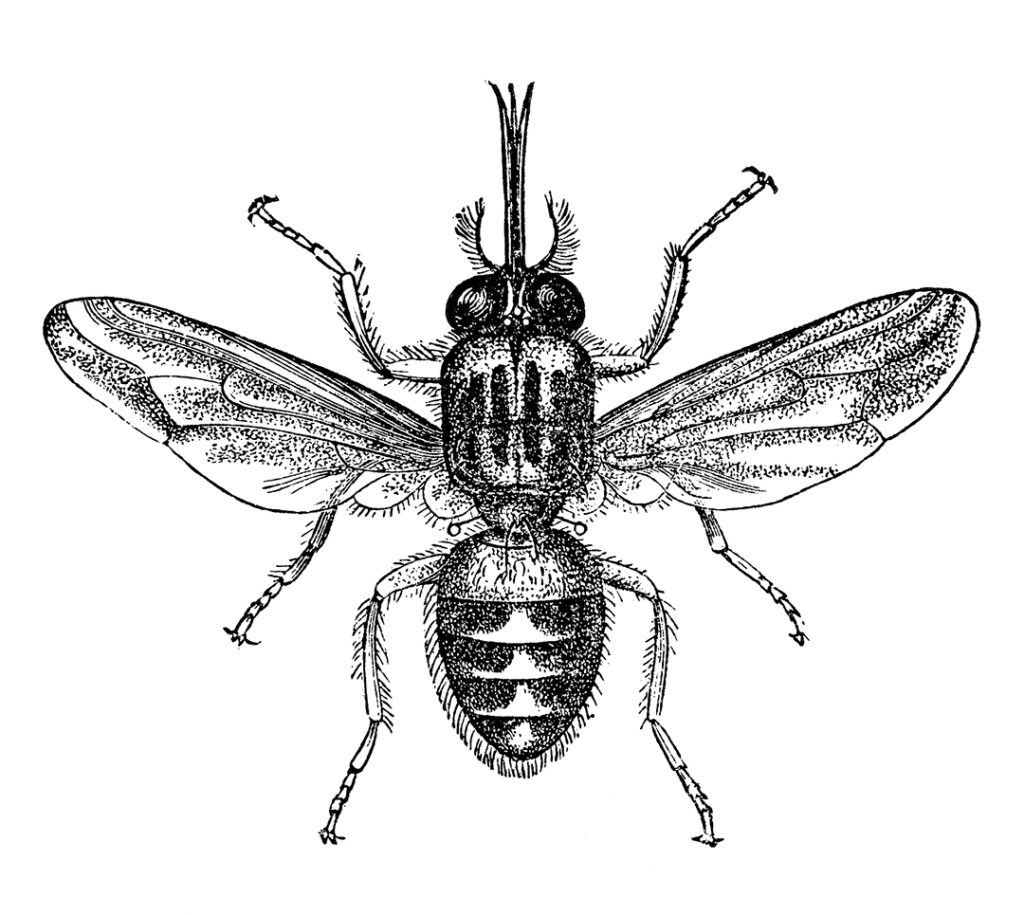WORLD HEALTH ORGANIZATION
Togo has received validation from the World Health Organization (WHO) for having eliminated human African trypanosomiasis, or “sleeping sickness,” as a public health problem, becoming the first African country to reach this milestone.
Parasites transmitted by tsetse flies cause sleeping sickness, and it is found in about three dozen Sub-Saharan African countries. If left untreated, sleeping sickness is almost always fatal. In 1995, about 25,000 cases were detected, about 300,000 cases were estimated to have gone undetected, and 60 million people were estimated to be at risk of infection. In 2019, fewer than 1,000 cases were found. Togo has not reported any cases in the past 10 years. Early symptoms include fever, headache and joint pain. When the parasites infect the nervous system, confusion, behavior changes, loss of coordination and sleep cycle disruption emerge.
There are two forms of sleeping sickness. The first, due to trypanosoma brucei gambiense, is found in 24 West and Central African countries and accounts for more than 98% of cases. The second, trypanosoma brucei rhodesiense, is found in 13 East and Southern Africa countries. WHO and its partners are working to eliminate the gambiense form as a public health problem from all endemic countries by 2030. Benin, Burkina Faso, Cameroon, Côte d’Ivoire and Ghana have started the validation process with WHO support.
Togo’s achievement comes after more than two decades of sustained political commitment, surveillance and screening. Togolese public health officials put control measures in place in 2000. In 2011, the country established surveillance sites at hospitals in Mango and Tchamba, cities that cover the main risk areas. Health officials have since maintained heightened surveillance in endemic and at-risk areas.
“Togo is a pathfinder in eliminating sleeping sickness,” said Dr. Matshidiso Moeti, WHO regional director for Africa. “I congratulate the government and people of Togo for showing the way. I am sure the country’s efforts will inspire others to push toward a final eradication of sleeping sickness.”

